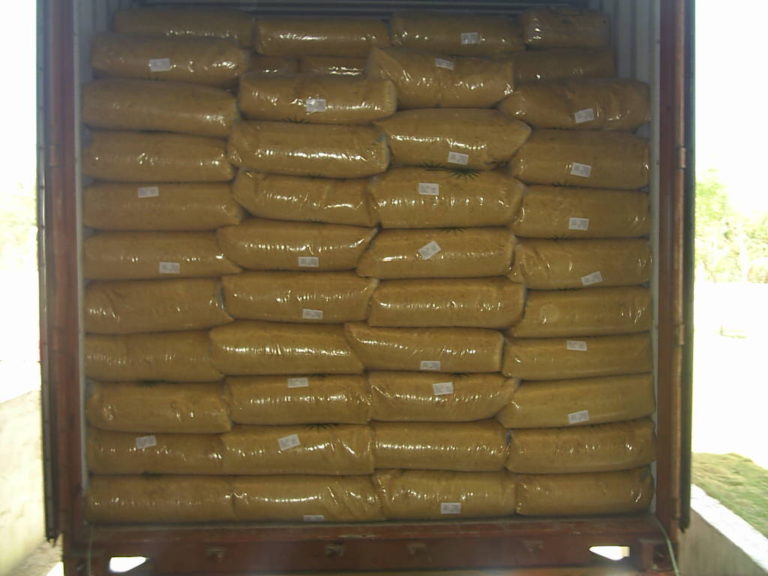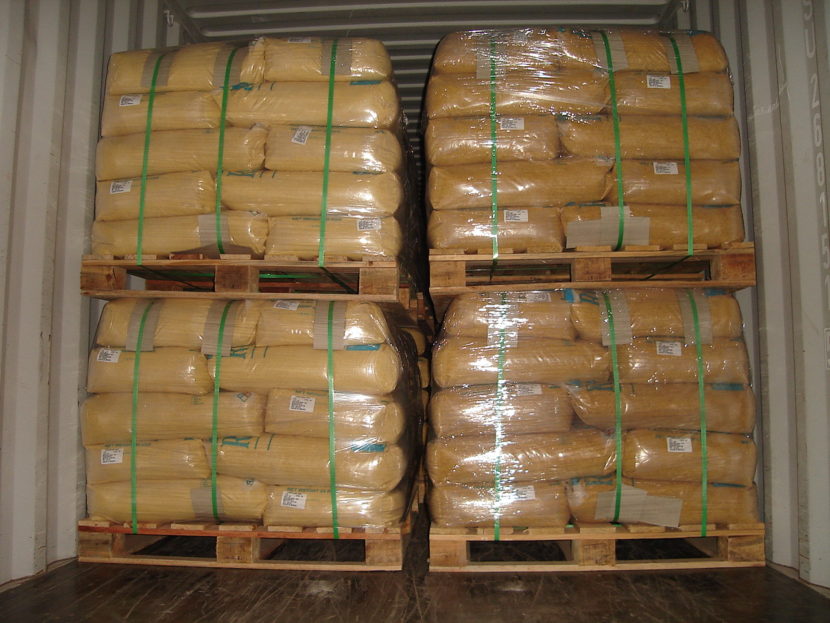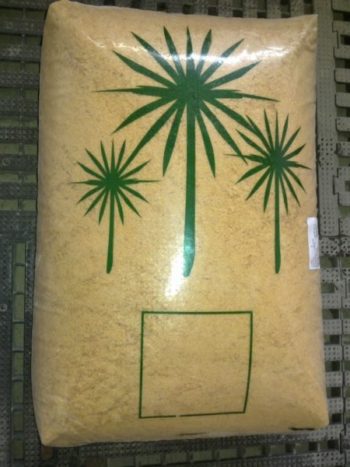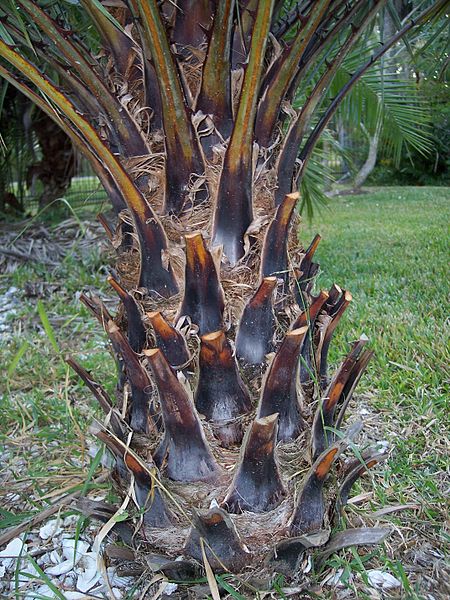Carnauba wax is also called Brazil wax, ceara wax and palm wax. These many names refers to the natural wax of the leaves of the palm Copernicia prunifera, a plant native to and grown mainly in the Brazilian states of Piauí, Ceará, and Rio Grande do Norte (at northeast of the country).



Carnauba wax extraction is an example of a sustainable process as it does not damage the palm tree. After cutting the leaves the tree will grow new leaves which will be completely developed in the next harvest period. The harvest season occurs usually between August and December and each tree can produce up to 60 leaves.
The leaves of the carnauba palm are collected, dried and beated to loosen the wax. Then, the wax is refined and bleached. The resulting product is a wax known as “queen of waxes” and in its pure state, usually comes in the form of hard yellowish flakes, lumps or powder.
Carnauba wax is produced in 3 grades: T1, T3, and T4 – according to the purity level desired. Purification process envolves filtration, centrifugation and bleaching.
Want to import carnauba wax? Just ask for a quotation and we will get in touch with you asap.

